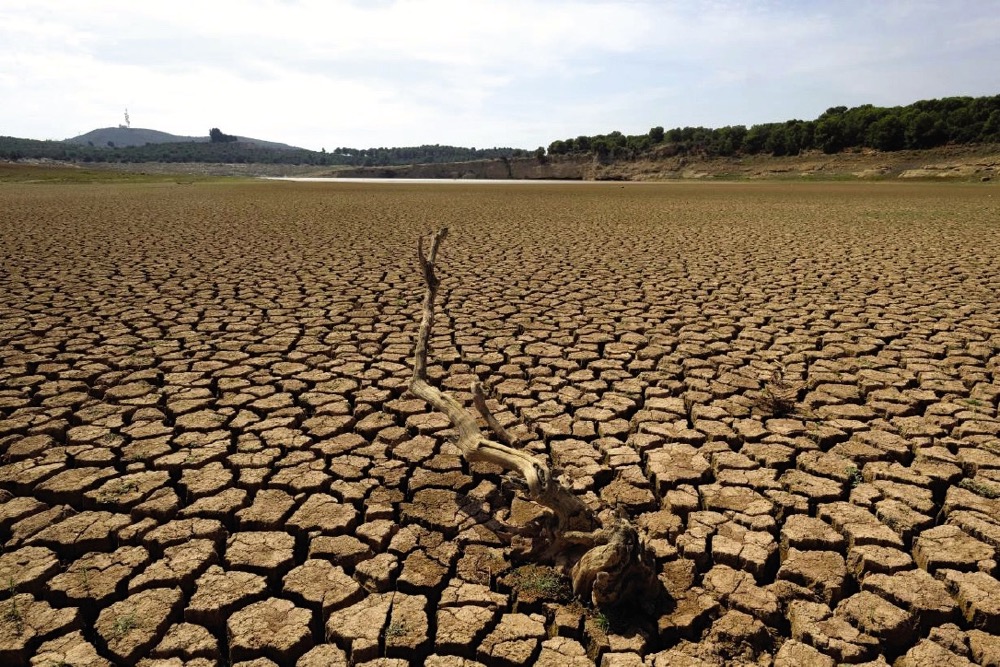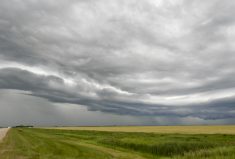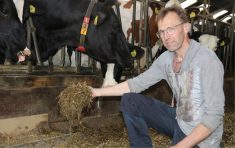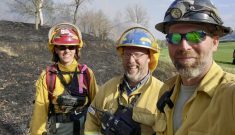Thomson Reuters Foundation – Many more people — besides the world’s poorest — will face sweltering heatwaves, more extreme rainfall, shrinking harvests and worsening water shortages unless unprecedented efforts to slow climate change start now, scientists warned Oct. 8.
Why it matters: Without stepped-up action, efforts to adapt to the coming changes are likely to run up against limits that could end in growing disaster losses, poverty and migration, scientists warn.
“The world we know today is not the world we will see in 50 years” if global warming exceeds 1.5 C, warned Debora Ley, one of 91 authors of a report looking at the feasibility of holding temperature rise to the most ambitious target set in the 2015 Paris Agreement.
Read Also

Ontario’s agri-food sector sets sights on future with Agri-Food 2050 initiative
The first-ever Agri Food 2050, a one-day industry event dedicated to envisioning the future of food and farming in Ontario,…
From accelerating species extinctions to escalating forest fires, “it will be considerably worse,” she told the Thomson Reuters Foundation.
The Intergovernmental Panel on Climate Change (IPCC) report (see ‘What is the IPCC?’ below), requested by governments, was issued ahead of a UN conference in December in Poland that will consider how to increase country ambitions to cut emissions and manage climate risks better.
Current government commitments to curb climate change under the Paris pact, even if fully met, would still leave the world on track for about three degrees of warming, scientists said.
The IPCC report noted that while risks are highest for the world’s poorest and most vulnerable, no part of the world will be immune from rising threats if temperatures push past 1.5 C above pre-industrial levels.
“We have this idea that those who suffer the most impacts (from global warming) are marginalized or live in remote areas,” said Patricia Pinho, a Brazilian sustainability expert and one of the report authors.
But Sao Paulo, a Brazilian city of 12 million, nearly ran out of water in 2015 as a result of extreme drought, she said — and Cape Town in South Africa faced a similar threat this year.
“We are not talking about something that is going to happen. It is happening,” she said, even with warming of about 1 C so far.
Limiting global warming to 1.5 C compared to two degrees, the higher target in the Paris pact, could reduce the proportion of the world’s population exposed to increasing water stress by up to half, the report noted.
And the lower target would mean up to 10 million fewer people would face risks from sea level rise, such as flooding or displacement, the report said.
“It’s clear half a degree matters,” Valerie Masson-Delmotte, a French scientist and IPCC report co-chair, told journalists.
What is the IPCC?
The Intergovernmental Panel on Climate Change is the world’s leading body for assessing climate change. It was established in 1998 by the UN Environment Program and the World Meteorological Organization to provide policymakers with scientific assessments on climate change. It has 195 member states.
The IPCC’s previous report, called the Fifth Assessment Synthesis Report (AR5), was completed at the end of 2014 and called for greenhouse gas emissions to be cut to zero by 2100 to limit the risk of irreversible damage from climate change.
What is this latest report all about?
The Oct. 8 “Special Report on Global Warming of 1.5 degrees,” prepared at the request of governments that signed the 2015 Paris Agreement, outlines the impact of global warming of 1.5 C above pre-industrial levels and steps needed to contain warming at that level.
The summary for policymakers presents the main findings of the report, based on an assessment of all available scientific, technical and socio-economic research. It compares the impact of global warming of 1.5 C and 2 C.
The report was prepared by 91 authors and review editors from 40 countries. More than 6,000 scientific references are cited and there were 133 contributing authors. It also contains more than 42,000 expert and government review comments.
IPCC sessions are conducted behind closed doors. Governments can try and make changes to the text but changes must be agreed by consensus. In addition, IPCC scientists ensure any amendments are consistent with the scientific evidence.














